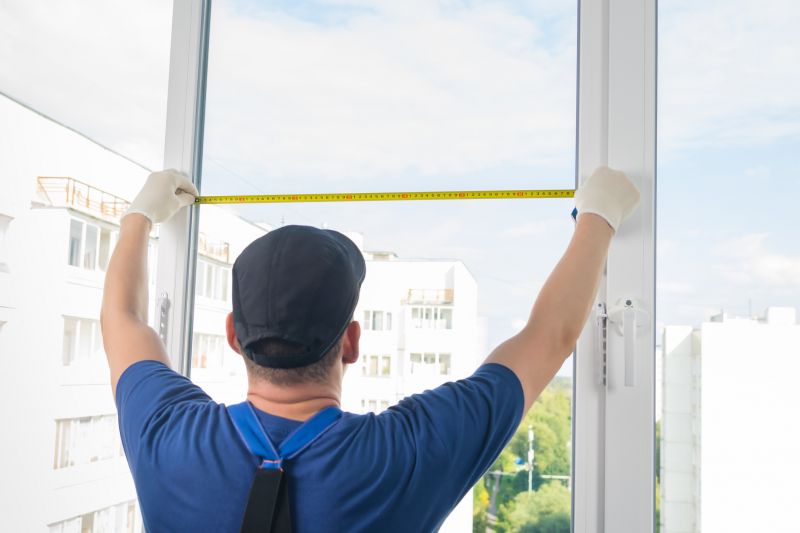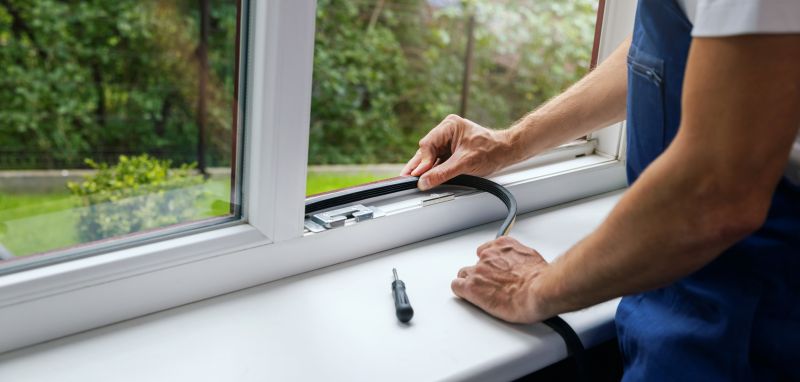Optimal Timing for Windows Installations
Understanding the best time to perform Windows installations can enhance system performance and reduce disruptions. Timing considerations include seasonal factors, workload periods, and system readiness. Proper planning ensures a smooth transition and minimizes downtime.
Installing Windows during off-peak seasons can reduce interruptions to daily operations and allow for thorough testing.
Perform installations when hardware and software are fully prepared, avoiding periods of high usage or critical deadlines.
Schedule during planned maintenance windows to minimize impact on productivity and ensure technical support availability.
Align installations with software update cycles to benefit from the latest features and security patches.

Ways to make Windows Installations work in tight or awkward layouts.

Popular materials for Windows Installations and why they hold up over time.

Simple add-ons that improve Windows Installations without blowing the budget.

High-end options that actually feel worth it for Windows Installations.

Finishes and colors that play nicely with Windows Installations.

Little measurements that prevent headaches on Windows Installations day.
| Timing Factor | Details |
|---|---|
| Seasonal Timing | Off-peak seasons reduce operational disruptions. |
| Workload Periods | Schedule during low-traffic times for minimal impact. |
| Maintenance Windows | Coordinate with planned maintenance schedules. |
| Update Cycles | Align with software release timelines. |
| Hardware Availability | Ensure hardware is prepared before installation. |
| Staff Availability | Perform during times when technical staff are available. |
| User Readiness | Communicate with users to prepare for downtime. |
Windows installations are a critical component of maintaining optimal computer performance and security. Proper timing ensures minimal disruption and maximizes the benefits of the latest system updates. Regular updates and installations can improve system stability, enhance security features, and support compatibility with new applications.
Statistics indicate that scheduling installations during low-traffic periods can reduce operational downtime by up to 40 percent. Additionally, aligning updates with hardware and software release cycles can lead to more efficient deployment and fewer technical issues post-installation.

A 60-second routine that keeps Windows Installations looking new.

A frequent mistake in Windows Installations and how to dodge it.

Small tweaks to make Windows Installations safer and easier to use.

Lower-waste or water-saving choices for Windows Installations.
Interested parties are encouraged to contact for further details on scheduling Windows installations. Proper planning and timing are essential to ensure a seamless upgrade process, supporting ongoing productivity and security.


